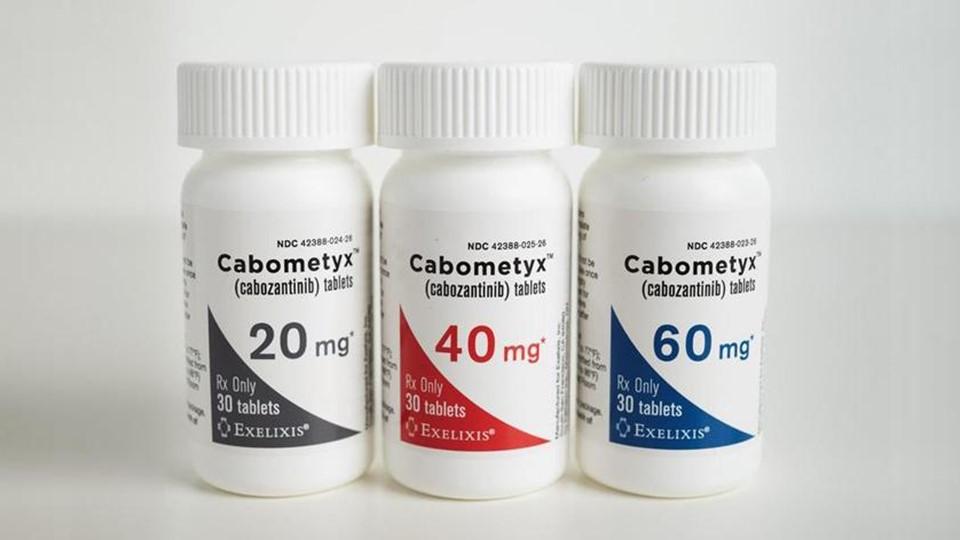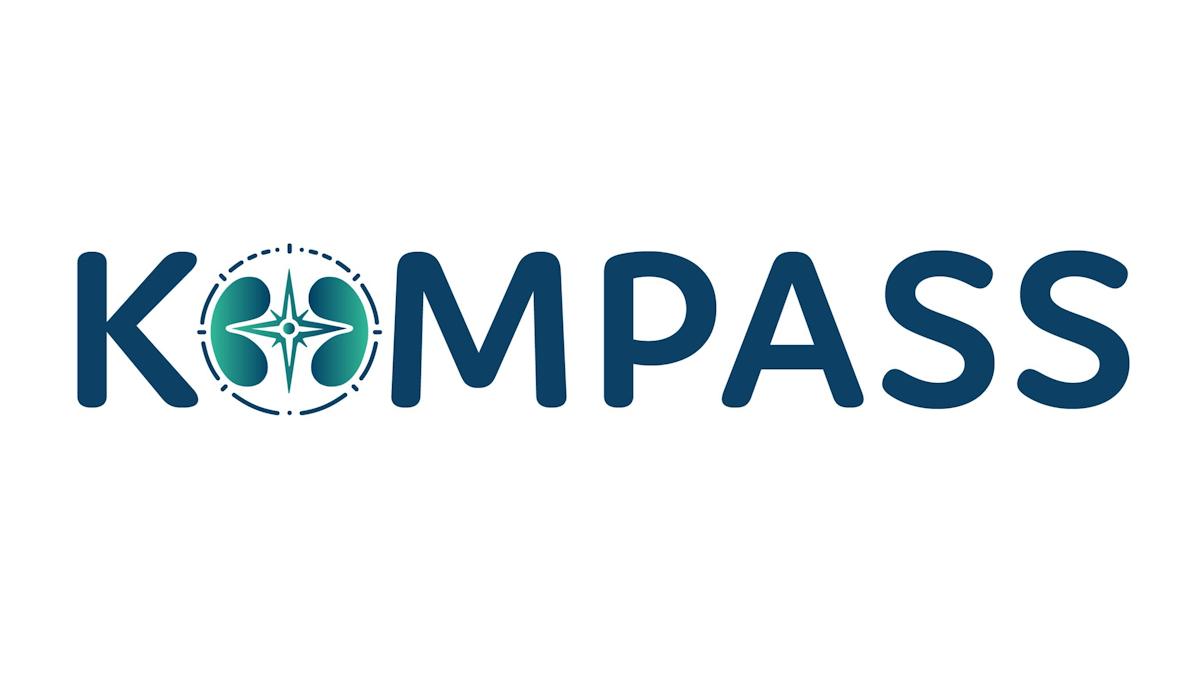UK access disparity resolved as NICE backs RCC therapy

Thousands of UK patients with advanced kidney cancer who have been denied a combination regimen based on Ipsen’s Cabometyx and Bristol-Myers Squibb’s Opdivo will now be able to access the treatment, following new guidance from NICE.
The advice provides a new first-line treatment option for an estimated 2,287 adults in England and Wales with advanced renal cell carcinoma (RCC), the most common form of kidney cancer.
Crucially, it also brings the two countries into line with Scotland and Northern Ireland, which have allowed NHS access to the combination since 2021, ending a disparity within the UK.
Cabometyx (cabozantinib) has been recommended for NHS use as a first-line monotherapy for previously untreated advanced RCC since 2018, while Opdivo (nivolumab) has also been backed for the same use since 2022 as a combination regimen with BMS' Yervoy (ipilimumab).
Another option is MSD's immunotherapy Keytruda (pembrolizumab) and Eisai’s Lenvima (lenvatinib), which was also given the go-ahead in 2022.
The new guidance says that the Cabometyx/Opdivo regimen should be considered only in RCC patients with intermediate or poor risk and if Opdivo/Yervoy or Keytruda/Lenvima would otherwise be offered. Consultants told NICE’s appraisal committee during its review that it is likely that Ipsen and BMS' therapy would displace Opdivo/Yervoy and Keytruda/Lenvima if recommended.
Dr John McGrane, consultant oncologist at Royal Cornwall Hospitals NHS Trust, said the new regimen is a “step-change” in the front-line treatment of RCC and “a valuable addition to the treatment options available.”
It was approved by the MHRA on the back of the CheckMate-9ER trial, which compared the combination with Pfizer’s Sutent (sunitinib) in 651 patients with advanced RCC and found that it reduced the risk of death by a third (34%), with median overall survival of 49.5 months versus 35.5 months, respectively.
Rose Woodward, co-founder of patient organisation Action Kidney Cancer, said the approval is “welcome news for the kidney cancer community,” adding: “It is vitally important that we continue to support and recognise the needs of patients living with this often under-recognised cancer in England and Wales.”
Originally developed by Exelixis, Cabometyx is licensed to Ipsen outside the US and Japan, where it is sold by Exelixis and Takeda, respectively.
It is Ipsen’s fourth-largest product, with sales of €535 million ($583 million) last year, and is also being developed in combination with Roche’s cancer immunotherapy Tecentriq (atezolizumab) as a therapy for metastatic castration-resistant prostate cancer (mCRPC).













